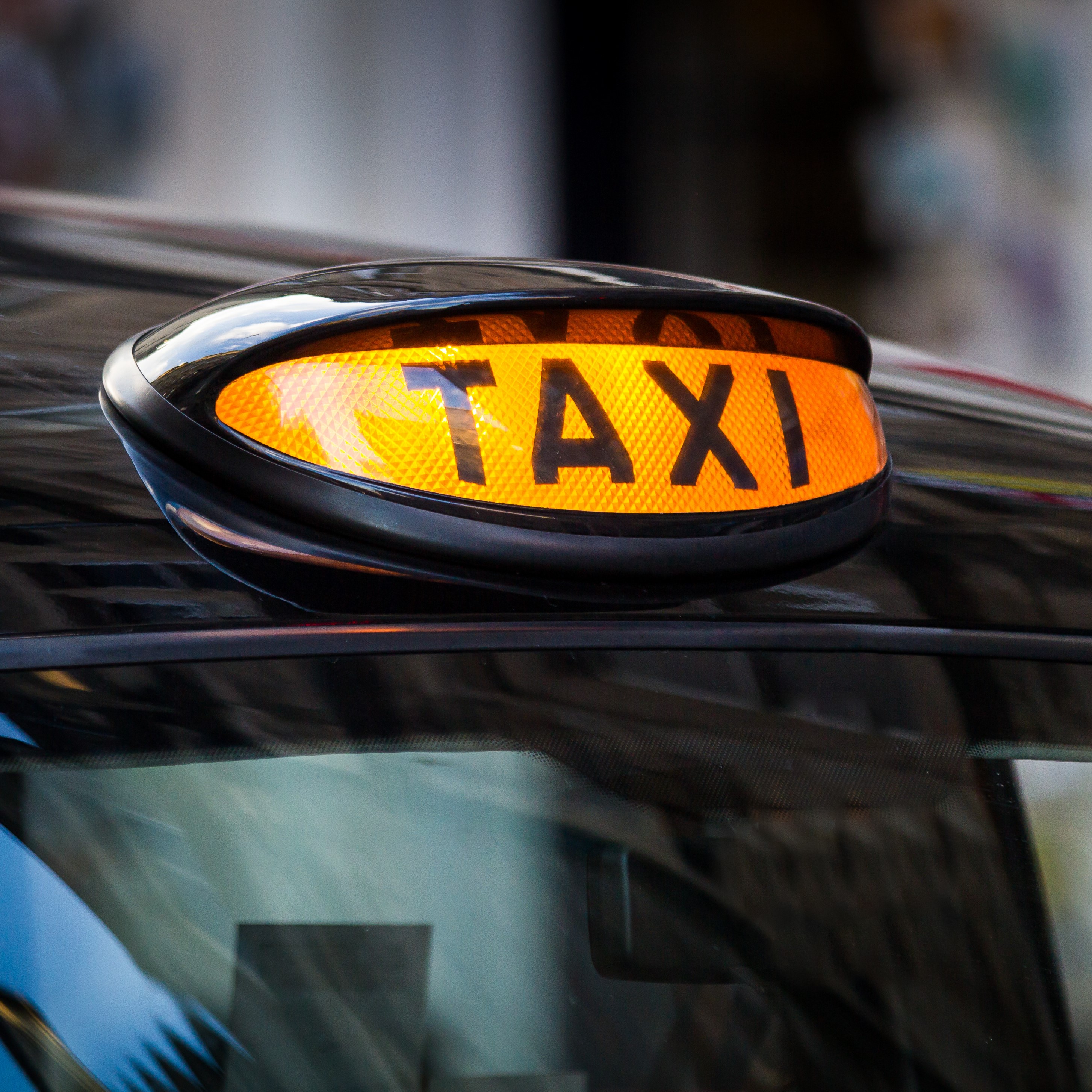Information on Cookies
To make the best use of our website, you'll need to make sure your web browser is set to accept cookies to ensure you receive the best experience.
For further information, please read our Cookies Policy.

Log In

- government introduces robust new statutory standards for the taxi and private hire vehicle sector across England and Wales to protect passengers
- new recommendations include enhanced DBS criminal record checks for drivers every 6 months
- latest step taken by the government to reduce the risk of harm to passengers and help improve consistency across local authorities
Passengers travelling in taxis and private hire vehicles (PHVs), including app-based services, will be kept safer under tough new licensing standards introduced by the government, Transport Secretary Grant Shapps announced today (21 July 2020).
The new Statutory Taxi and Private Hire Vehicle Standards which local authorities will be expected to implement are designed to improve consistency in the licensing system, reducing the risk of harm posed to children and vulnerable passengers in the process. It follows historic and serious cases of taxi and PHV drivers abusing their position of trust.
Criminal record checks for drivers every 6 months form a key part of the standards, as does safeguarding training to help drivers identify and respond to passengers that may be being abused or exploited. A recommendation for licensing authorities to consider whether the use of CCTV would be beneficial or proportionate in their areas is also included, which sets out that potential privacy issues must be taken into account.
Transport Secretary Grant Shapps said:
“We know the majority of drivers provide an important and safe service for communities, but in light of appalling incidents in places like Rochdale, Oxford, Newcastle and Rotherham, more must be done to protect passengers from those who abuse their position of trust.
“That’s why we’re looking to licensing authorities to enforce these rigorous new standards, ensuring drivers are fit to transport passengers in a safe environment and to stop those who aren’t.
“We expect all licensing authorities to implement the standards and won’t hesitate to introduce legislation if they don’t fulfil their responsibilities to keep the public safe.”
The Government says that following extensive consultation across government as well as with industry and regulators, the strengthened measures will mean all drivers applying for a licence should now be required to disclose if they hold or have previously held a licence in another area. Local authorities will also now have to have robust reporting systems in place to make sure passengers feel comfortable reporting incidents and or suspicious behaviour. This follows the Casey Report which found there was inadequate investigation of some complaints in Rotherham.
Licensing authorities will be expected to fully implement these measures as soon as possible. The department will closely monitor progress, work with authorities not meeting their responsibilities and look to introduce legislation if licensing authorities fail to adopt the standards and update their operations.
Suitability
The measures include the Department’s recommendations on the assessment of previous convictions (Annex – Assessment of previous convictions), drawn from the work of the Institute of Licensing, in partnership with the LGA, the National Association of Licensing Enforcement Officers (NALEO) and Lawyers in Local Government, in publishing its guidance on determining the suitability of taxi and private hire vehicle licensees.
Commenting on the announcment, IoL President James Button said:
"The long-awaited Guidance issued under section 177 of the Policing and Crime Act 2017 has finally been published by the DFT. It is now referred to as “Statutory Taxi and Private Hire Vehicle Standards” which is sadly misleading in a number of ways: firstly, these are not statutory requirements and secondly, they are not what most licensing professionals would regard as standards. They do not address the requirements for drivers, vehicles, or operators in any detail: rather they are a broad overview.
"Notwithstanding this, they are a welcome addition and should assist licensing authorities in arriving at a slightly more standardised approach. The almost wholesale adoption of the Institute’s “Guidance on Determination” as the “Assessment of Previous Convictions” is gratifying.
"However they are no substitute for updated hackney carriage and private hire legislation, the need for which remains as vital now as when the Law commission looked at this almost a decade ago. It is hoped that this Guidance is a prelude to further and more substantial updating of the archaic legislation that governs hackney carriage and private hire licensing."
